Diabetic Retinopathy
The experienced eye doctors at Gordon Schanzlin New Vision Institute offer advanced treatment options for diabetic retinopathy that can help you save your vision. If you have diabetes, you are at risk of developing diabetic retinopathy, a very serious eye disease. The condition is one of the leading causes of blindness among adults in the U.S. Although later stages of diabetic retinopathy typically result in blurry vision and even total vision loss, early stages of diabetic retinopathy often do not cause overt symptoms. This makes it imperative to have annual dilated eye exams to identify the condition at its earliest possible stage and begin treatment to prevent permanent vision impairment.

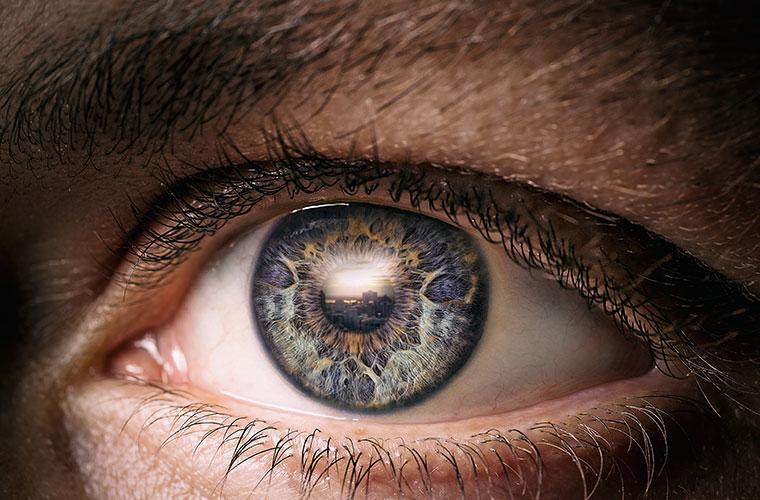
Risks of Diabetic Retinopathy
Individuals at greater risk of diabetic retinopathy include:
- Those who suffer from type 2 diabetes
- Those who have suffered from type 1 diabetes for at least 10 years
- Those who suffer from high blood pressure (hypertension)
- Those who smoke
It is also important to note that diabetic retinopathy can very quickly progress during pregnancy. Women who are diabetic while pregnant should have an eye exam within their first trimester.
Diabetic Retinopathy Causes and Symptoms
Diabetes is characterized by the body’s inability to properly regulate blood sugar levels. This can ultimately affect blood vessels in the retina, leading to diabetic retinopathy. One type of the condition causes blood vessels inside the retina to leak blood or fluid; a more advanced type of diabetic retinopathy actually causes new blood vessel growth in retinal areas, and can even lead to retinal detachment.
Once diabetic retinopathy has progressed, it can cause symptoms such as:
- Blurry or hazy vision
- Double-vision
- “Spotty” vision
- Floaters – dots, lines, or clouds that appear in the field of vision
Prevention and Treatment Options for Diabetic Retinopathy
One of the best ways you can reduce the risk of losing your vision to diabetic retinopathy is to have a dilated eye exam at least once per year, particularly if you are at a higher level of risk for developing the condition. Managing your weight and blood sugar levels, maintaining control of your blood pressure and cholesterol, and quitting smoking are also vital things you can do for prevention.
If you are diagnosed with diabetic retinopathy, our practice offers a number of treatments, including medicinal therapies, that can work to slow the progression of the condition before significant vision loss occurs. Diabetic retinopathy can have a devastating effect on one’s livelihood… but it doesn’t have to. With regular eye exams and preventative measures, the risk of permanent damage can be reduced.
Contact Gordon Schanzlin New Vision Institute
If you would like to learn more about diabetic retinopathy, or if you would like to schedule a consultation and eye exam, please contact us today.
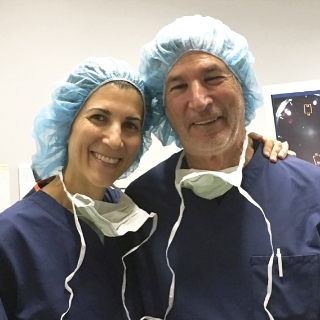

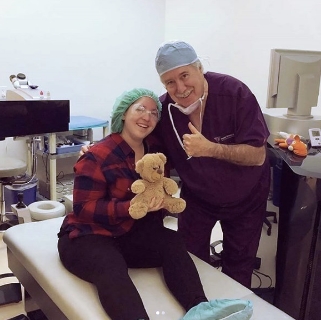
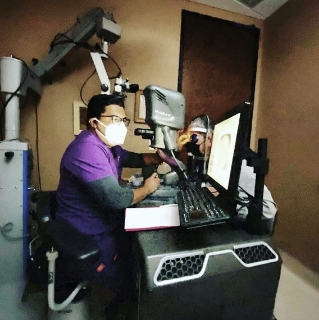
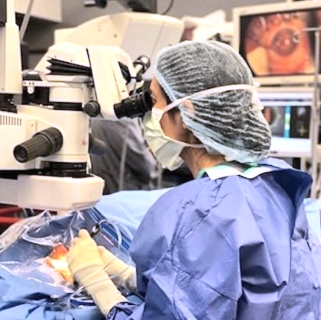
The doctors at Gordon Schanzlin New Vision Institute have either authored or reviewed and approved this content.
Page Updated:

